Private power rising
Besides State-funded projects, China's private enterprises have become serious players in the space circle.
So far, five private companies — Space Pioneer, i-Space, LandSpace, Galactic Energy and Orienspace — have used their own rockets to conduct orbital missions, which refer to powered flights that place satellites or other kinds of payloads in orbit in outer space.
Among the privately developed rocket models, LandSpace's ZQ 2 and Orienspace's Gravity 1 are most known because they set records in the global space sector.
In July last year, the ZQ 2 became the first methane-fueled rocket to successfully complete an orbital mission.
The rocket model's main propulsion system — the TQ 12 — is the first methane engine in China. Before Land-Space, only a handful of companies in the US had developed such engines.
Compared with traditional types of rocket engines that can function only once, a methane engine is reusable and more environmentally friendly.
In January, the Gravity 1 conducted its debut flight from a launch service ship off the coast of Haiyang in Shandong province, becoming the most powerful solid-propellant launch vehicle in the world and also the mightiest of all of Chinese private rocket types.
Private players have also come of age in the satellite field to become a flourishing seedbed for technological innovation and creativity.
GalaxySpace, a leading private satellite maker, built China's first satellite equipped with a flexible solar array and deployed it into space in July last year.
The satellite, Lingxi 03, is a plate-shaped communications satellite. It has a millimeter-wave multibeam digital payload, which features a transmission capacity of tens of gigabits per second.
In May, GalaxySpace cooperated with the Mahanakorn University of Technology in Thailand to establish a ground test station at the Thai university, marking the first trial of a low-orbit broadband internet communication network in the Southeast Asian country.
























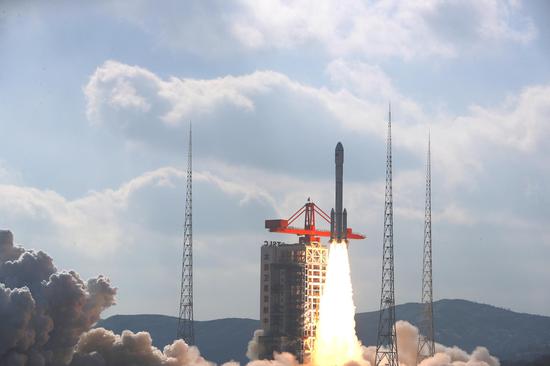



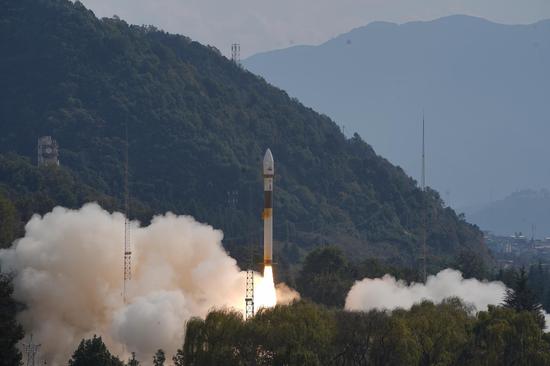



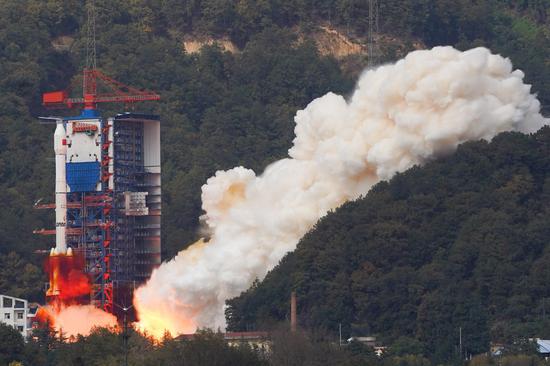
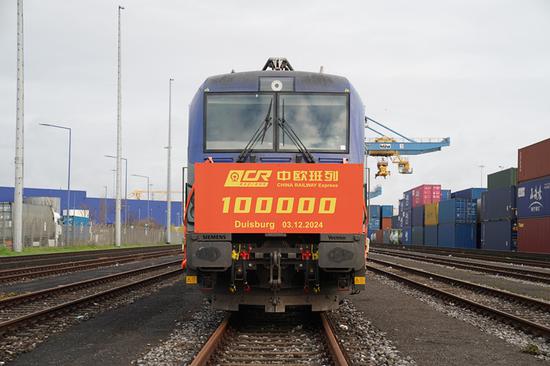










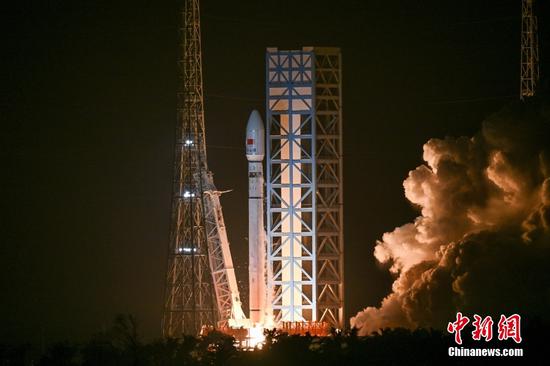





 京公网安备 11010202009201号
京公网安备 11010202009201号